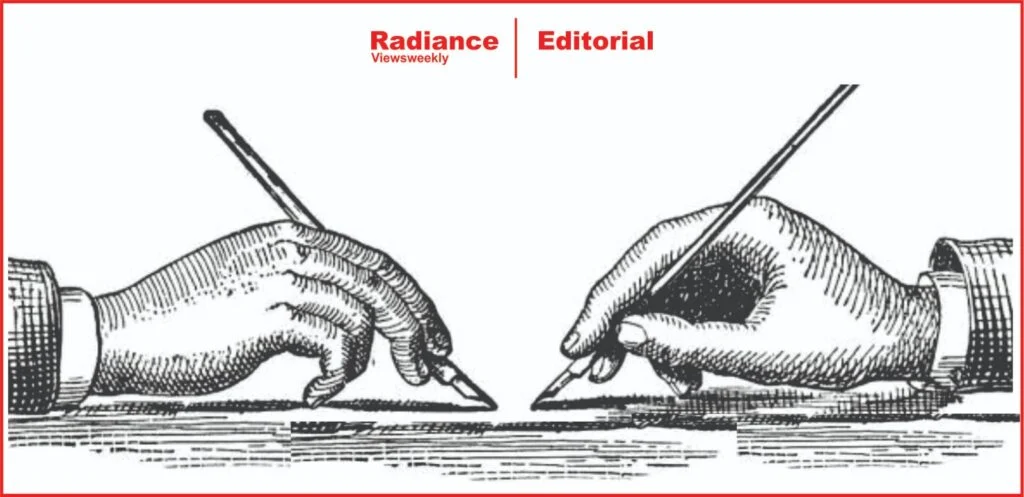The right to free speech is one of the fundamental human rights that have shaped civilizations. Since the dawn of communication, human beings have exercised this right to express thoughts, share ideas, and question authority. However, throughout history, powerful individuals and institutions have often curtailed this right to maintain control and suppress dissent.
A striking historical example is the case of Socrates, the great philosopher of Athens. He was sentenced to death by poisoning because he encouraged young minds to question the ruling class. His execution was a blatant violation of free speech, yet it set a precedent that has echoed throughout history. Even today, punishment for exercising free speech takes different forms, from censorship to legal action.
The case of Kunal Kamra, a stand-up comedian, is not an isolated or rare incident. Across the world, people in positions of power attempt to suppress critical voices, particularly those that challenge their authority. However, what is often overlooked is the glaring hypocrisy in how free speech is treated. If we compare Kunal Kamra’s comedy with the statements made by politicians – whether in election rallies, parliamentary debates, or media discussions – it becomes evident that political leaders often indulge in far more controversial and offensive rhetoric.
Has anyone analysed the derogatory remarks, false claims, and misleading narratives spread by politicians and the media? If law enforcement authorities are concerned about the jokes of a comedian, they should be even more vigilant about the statements made by public representatives. A comedian’s remarks are intended for entertainment, whereas politicians and journalists shape public opinion and influence societal beliefs. The latter carries far greater consequences, making it more dangerous when misused.
In a democratic society, law enforcement bodies should ensure that those in power – whether in government or the media – are held accountable for their words and actions. The ability to influence millions should come with the responsibility of maintaining truth, fairness, and integrity. Freedom of speech does not grant anyone the right to spread hatred, misinformation, or propaganda.
However, responsibility for free speech does not rest solely on the authorities; it is also a moral obligation for individuals with a large following. Whether speaking in public, participating in TV debates, or posting on social media, people must ensure that their words do not violate others’ dignity or incite division. Free speech should be exercised with high ethical standards, as it plays a crucial role in shaping public discourse and social harmony.
If we all commit to using free speech responsibly, a significant portion of society’s conflicts can be resolved. True freedom of expression lies not in unrestricted speech but in the ability to communicate with wisdom, integrity, and respect for others.
– Syed Tanveer Ahmed


